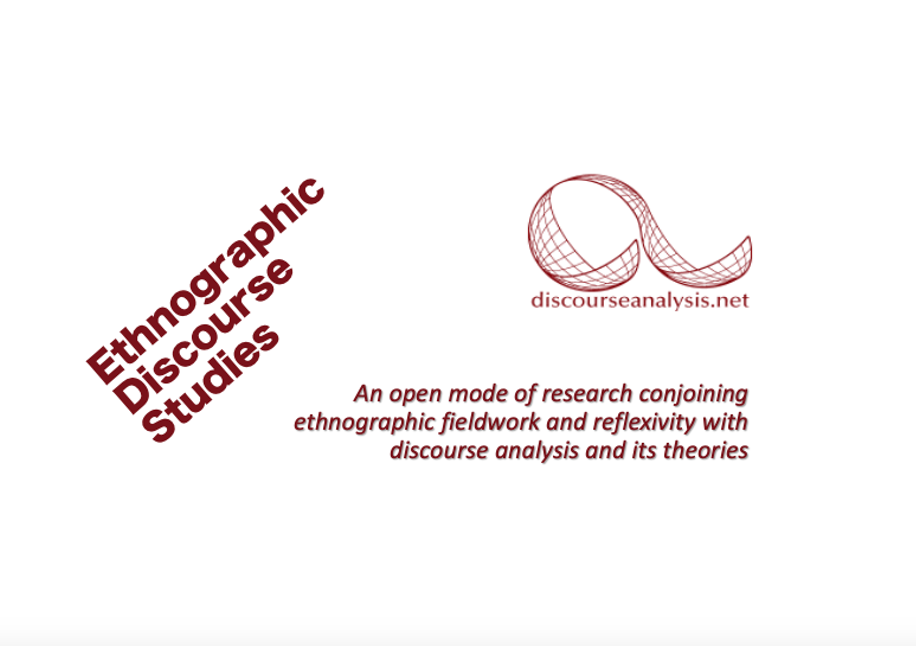Ethnographic Discourse Studies

Description and Group Members | Events | Literature | DiscourseNet
Ethnography uses participant observation, detailed “thick” descriptions and sincere reflexivity to study discursive, linguistic, embodied, institutional and material practices that shape the production, reproduction and contestation of power and knowledge in cultures and societies. In the burgeoning field of discourse studies, ethnography is still an underestimated and often misunderstood research strategy, often reducing it merely to a way of collecting data. In this group we intend to critically appraise what we call 'ethnographic discourse studies': an open mode of research conjoining ethnographic fieldwork and reflexivity with discourse analysis and its theories. Participant observation and ethnographic interviews aim to gain an emic understanding of everyday or institutional work practices by witnessing their complexity and organisation in context, often including their social interactions and relations, contradictions, surprises, their sequential unfolding and dead ends. Discourse analytical methodology and theory puts the spotlight on discourse articulation or formation, usually paying attention to ideological struggles, representations and effects of subjectivation, empowerment, inclusion and exclusion. Bringing methodologies and theories of ethnography and discourse studies into dialogue provokes reflecting about the researcher’s relation to the matters of investigation: Do researchers choose a collaborative stance with the observed participants? Do they critically intervene in the discursive practices they observe? Or do they attempt to “stay on the fence”, claim a “disinterested perspective” or shift between perspectives? To what extent does the stance depend on the object of investigation?